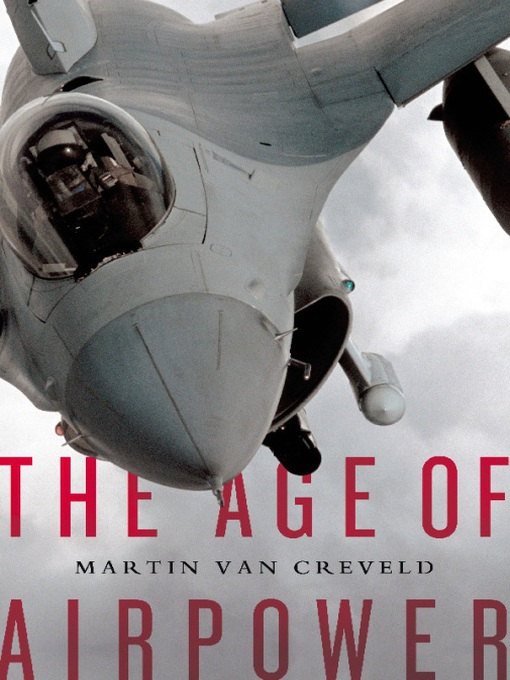New Look at SWJ Blog
Saturday, August 6th, 2011

Congrats to Dave Dilegge, Bill Nagle, Robert Haddick and Mike Few for the bold new look at Small Wars Journal, stil the best site for military and national security affairs on the web!
Users will now need to create an account or, if they are active on the Small Wars Council, there are instructions for resetting your password. Don’t get left out of the discussion.
Here is more from Dave and/or the Editors:
…. Site Sections
We are live now with the SWJ Blog and Journal. All posts, articles, and user comments have been migrated into our new system. You can still find feeds of recent activity on our Home page, more recent activity on the main pages of the SWJ Blog and Journal sections.
The Journal and SWJ Blog are now separate features instead of a cross-threaded stream. Search is site-wide and the home page gives a cross-site view, but the archives views within the SWJ Blog and Journal sections are section-specific. We will be evolving out publishing over the next few months to place more commentary and Op-Ed in the SWJ Blog, and the analytical and/or feature length works in the Journal.
The Library section as it exists now is a shadow of its former relevance but a placeholder for future greatness. We brought the old Reading List and Reference Links pages into the library are outdated and full of dead links, yet they are not completely useless so we didn’t completely destroy them. More below on future changes there.
Almost There Items
All the existing SWJ content has been migrated, but it will take us some time to get some of it out of its legacy format and into the new system.
- The new system has much better support for guest author bylines and author archives. Over time, we’ll move the author’s byline, bio, etc. in the old content out of the article out of the body content and into the new system. We will reach out to past authors soon to provide info on how to submit any updates you want to provide.
- The new system will support us publishing Journal Articles fully in-the-system rather than as PDF links. We hope to be doing that within a few weeks. Readers will have the option of generating print-optimized or PDF versions on-the-fly, content will be more searchable, and we’ll be able to offer full length Journal Articles via a Kindle feed. We are not sure how far back into the legacy articles we’ll update things, but we should be rid of PDFs for future articles.
- We will continue to publish Journal Issues as a PDF. Our new Journal Issues feature an automatic index of the month’s individual articles, plus the cover, table of contents, and download link for the PDF Journal when it exists for a given month. The index portion is live now, and we should have the PDFs added within a week or so. We hope to bring more features into future Journal Issues.
- The way-back issues of the Journal (2005-2007) are only available here for now, and the articles are only in the PDF. We will eventually get those articles into the system as individual articles and a complete issue.
- Of course there are tons of little things that need doing for your usability and our efficiency. Kai zen, and all that.
Coming (Soon?)
As we move in and clean up in our new site, we’ll also be taking advantage of new features. Look for these developments in the future:
- We will have a new content section on Latin America where we integrate content published here and from all over. We have a lot of talented people signing on for the effort and we are very excited about this new feature on a hugely important topic.
- In the next few months we will be changing the way we publish the News, moving from the blog-based Roundup to a more effective and user friendly display. We know that feature is very popular, and we’ll do you justice with it while making it something that is more sustainable for us.
- Library 2.0 is coming. Instead of updating our dusty old flat files, we’ll be moving the Library into a system that allows for mutliple views, tagging, search, your comments and ratings, editors picks, etc. That will be rolled out with new News section, and will continue to grow as we do.





